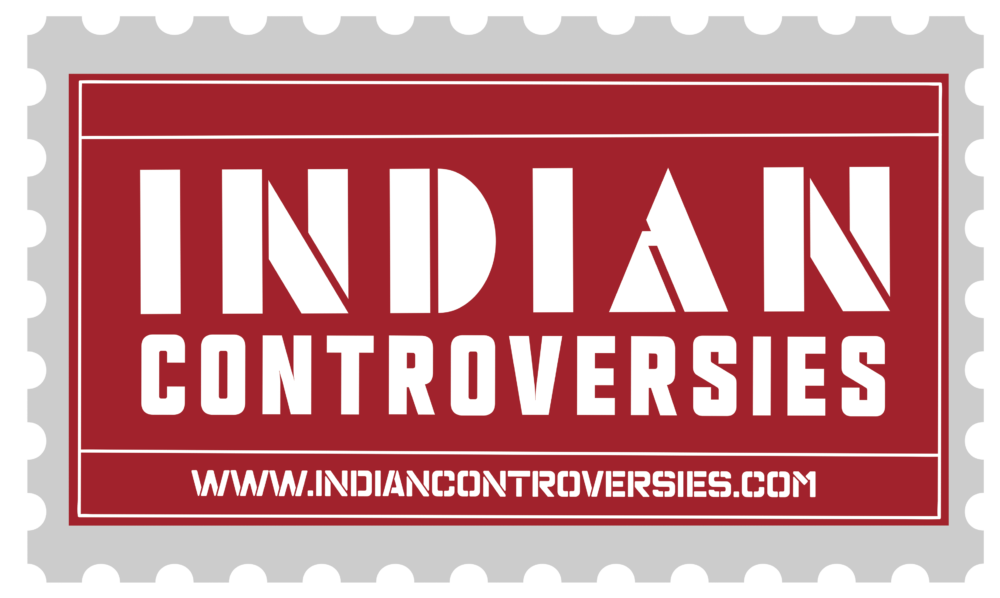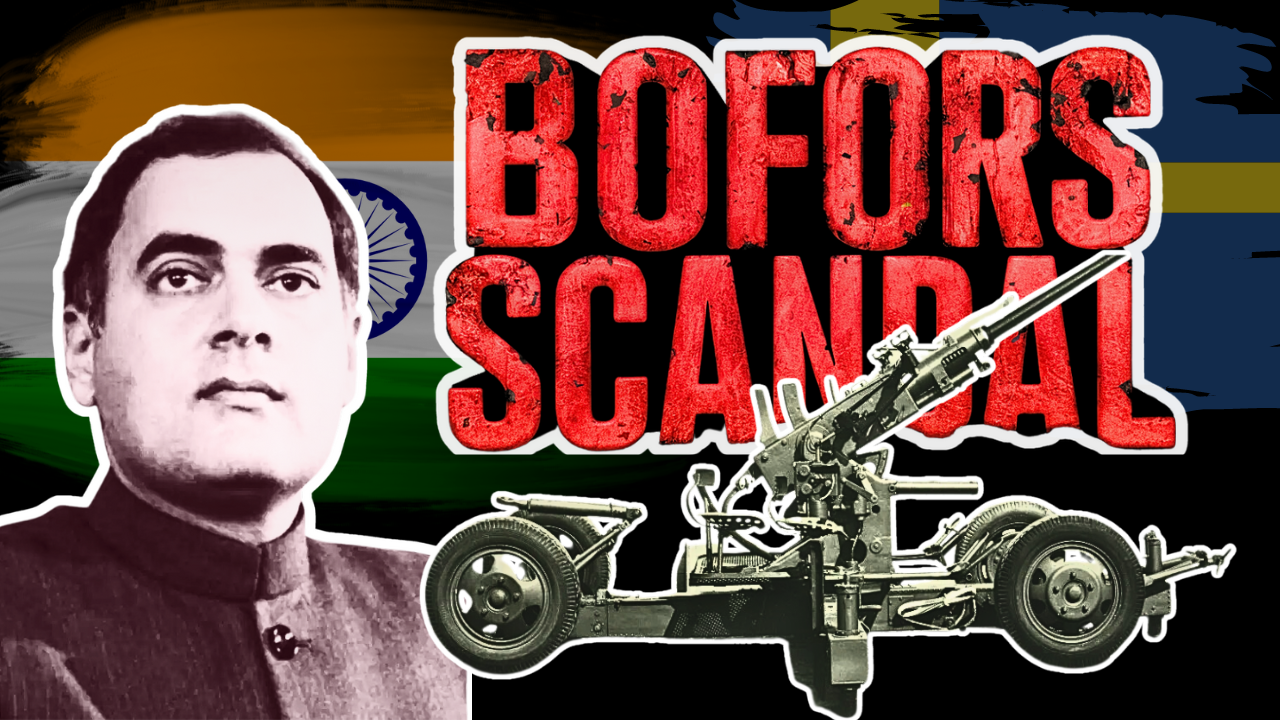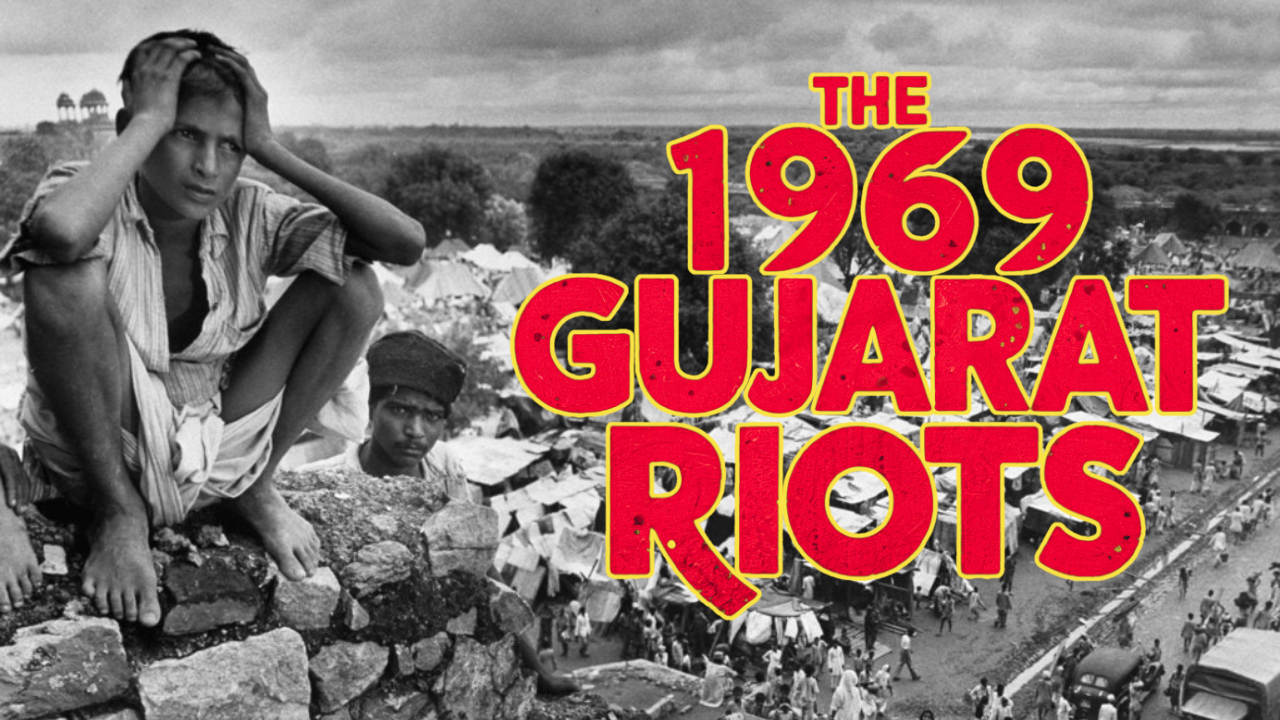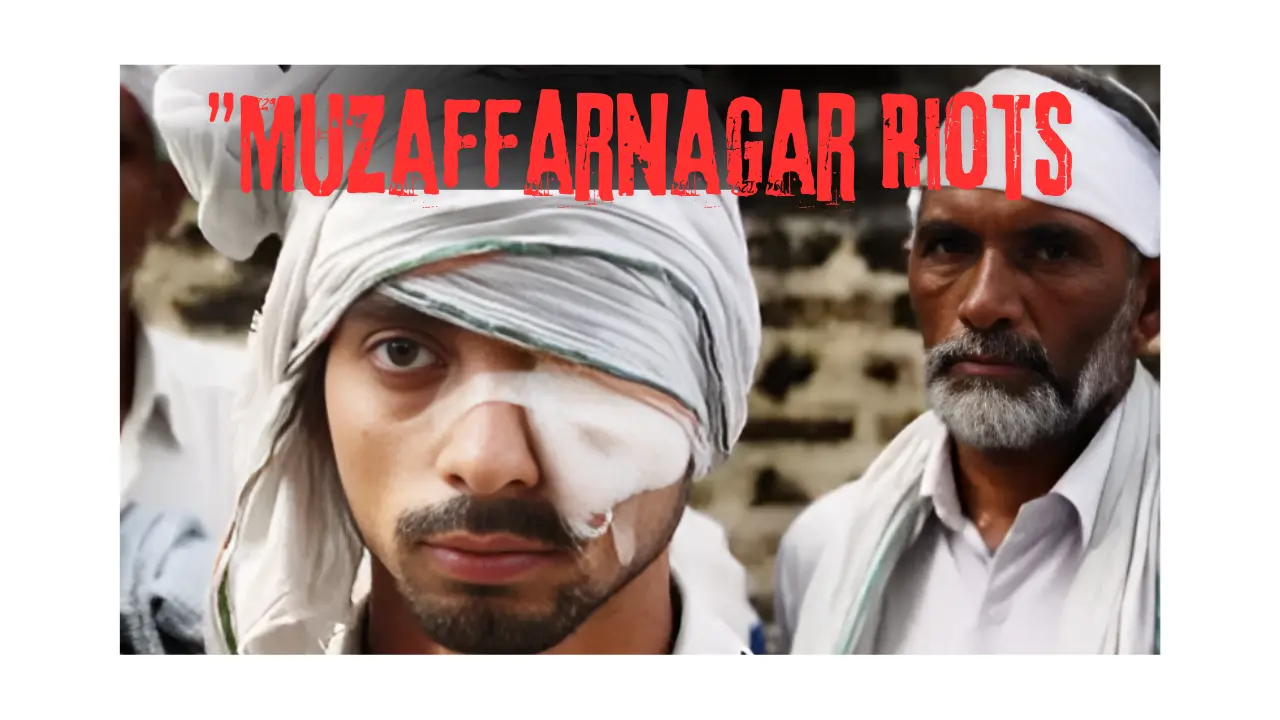Unveiling India’s Dark Political Underbelly
The extent of corruption that afflicted India’s political system in the 1980s and 1990s is demonstrated by the Bofors scandal. The astonishing $1.4 billion agreement signed by the Indian government and the Swedish arms company Bofors AB was at the center of this issue. Instead of strengthening India’s military power with 410 155mm field howitzer weapons, the contract devolved into a maze of bribes and illegal activities.
Background: The Deal that Spawned a National Nightmare
The historic agreement between Prime Minister Rajiv Gandhi’s government and Bofors AB was sealed in 1986. The nation was unaware that this agreement would ignite a hail of charges and expose a web of falsehoods stretching from Stockholm to New Delhi.
The Allegations: Bribery, Betrayal, and Backroom Deals
When Swedish Radio aired a shocking report, the controversy was brought to light in 1987. Their investigation showed that in order to obtain the lucrative contract, Bofors bribed prominent Indian politicians and defense officials. It was shockingly disclosed that around $64 million was traded in order to facilitate this dubious deal.
From Prime Ministers to Power Brokers
Those at the center of the controversy were Ottavio Quattrocchi, an Italian businessman with extensive ties to the Gandhi family who was allegedly a major conduit, and Rajiv Gandhi, who was accused of ignoring the bribes.
The powerful Hinduja Brothers were also embroiled in the incident, which put doubt on their successful economic venture.
A Nation at the Crossroads
After conducting a massive investigation, the Central Bureau of Investigation (CBI) discovered a maze of shell corporations and offshore accounts. But progress was hampered by legal obstacles and a lack of international cooperation, which allowed several important participants to escape punishment.
From Acquittals to Controversial Decisions
There were decades-long legal fights with conflicting decisions from the courts. Despite being mentioned, Rajiv Gandhi was never legally accused. The dismissal of bribery accusations against him by the Delhi High Court in 2004 provoked controversy and prompted inquiries regarding political meddling in legal matters.
Shaking the Foundations of Power
The Congress party’s credibility was badly damaged by the Bofors affair, which also contributed to the party’s electoral defeat in 1989 and upended the Indian political system. Debates over accountability and openness in government operations were sparked by the scandal, which caused a great deal of public indignation.
Lessons Learned and Reforms Ignited
The Bofors controversy led to major revisions in India’s defense procurement procedures, despite its ambiguous impact. The scandal made it clear how urgently strict regulation and moral leadership are needed in high-stakes agreements.
A Cautionary Tale for the Ages
The Bofors incident is still deeply ingrained in Indian culture as a warning against the dangers of unbridled authority and covert business activities. Acting as a beacon of honesty and watchfulness in public service, it exhorts the next generation to protect themselves against the corruption that formerly threatened the country.





